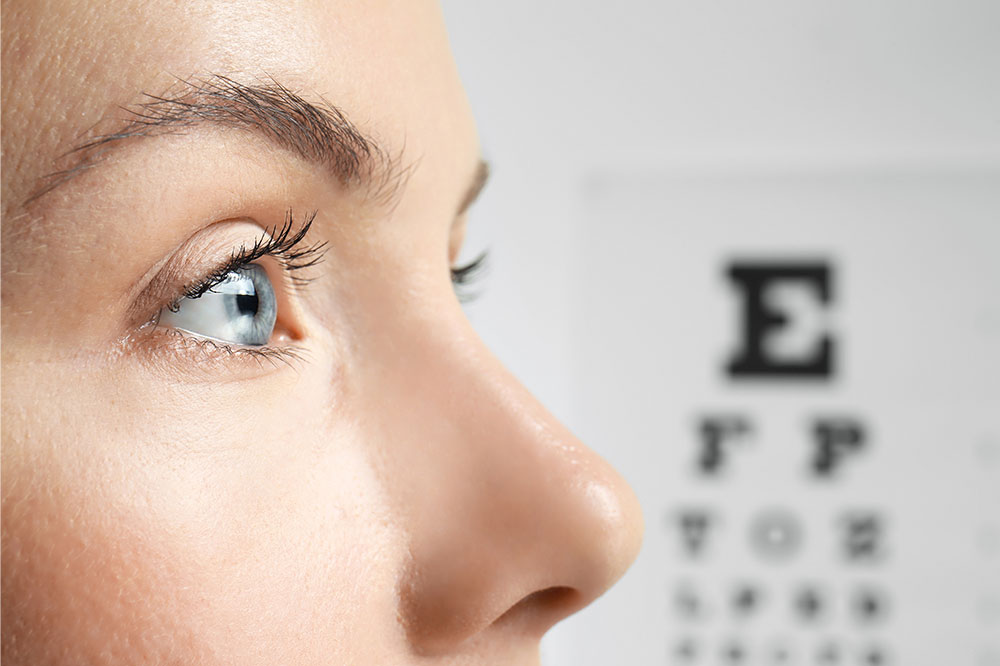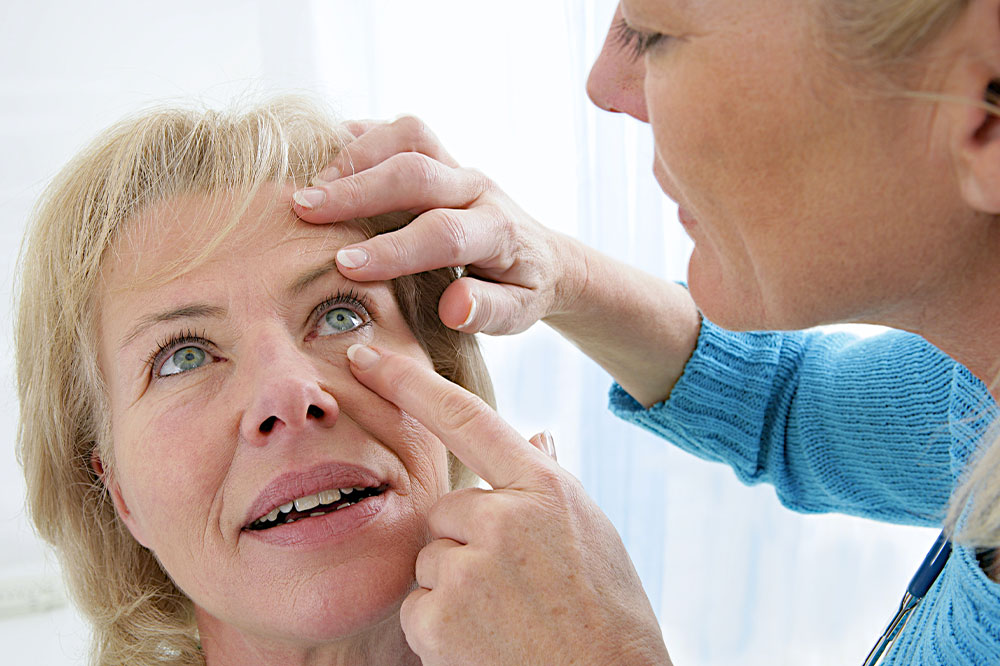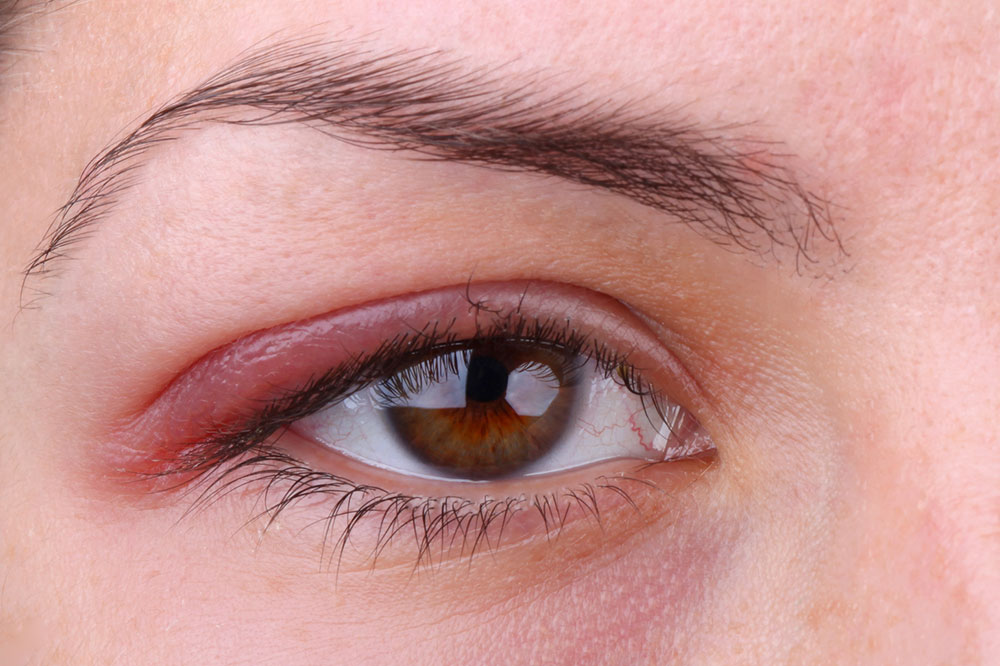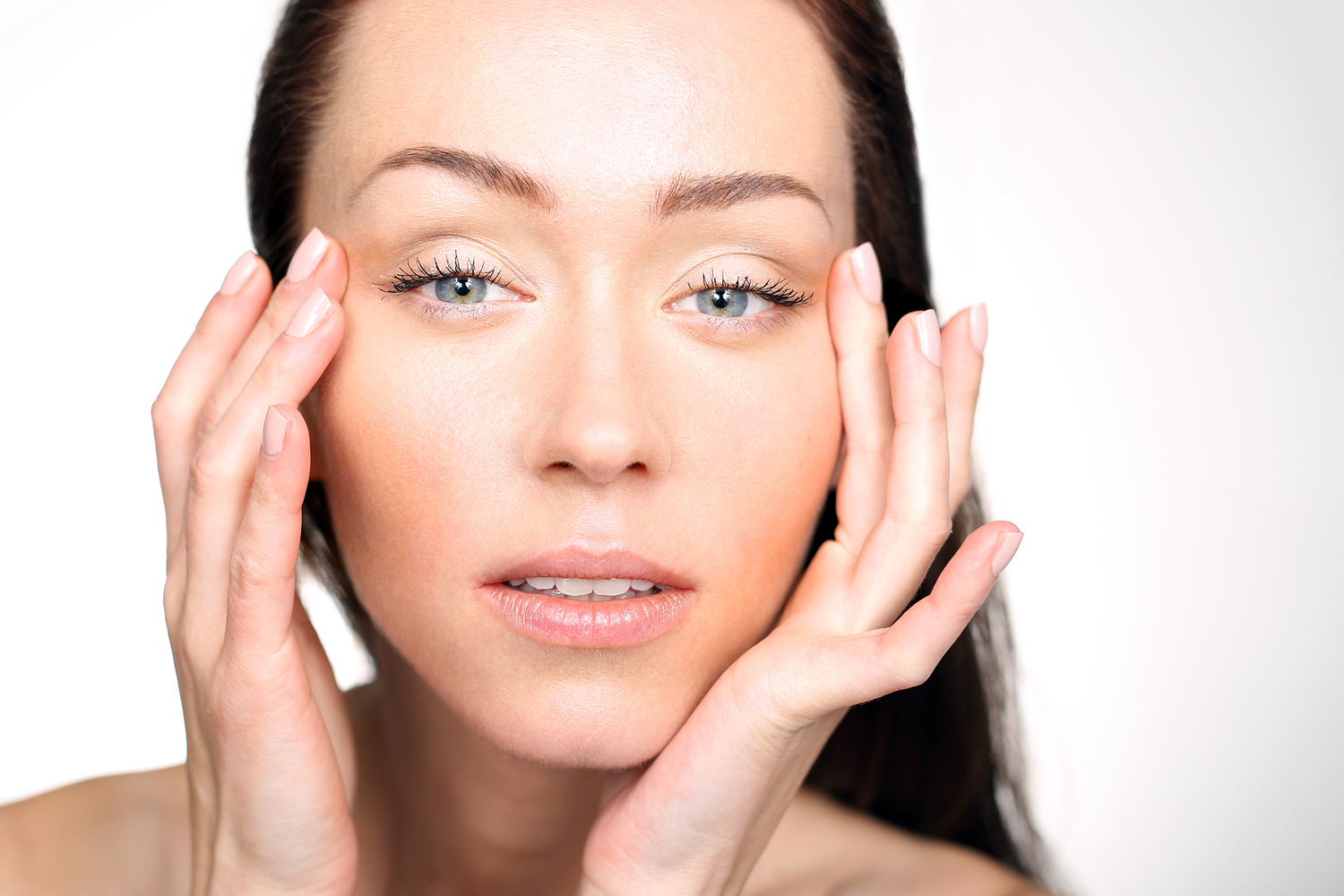Comprehensive Guide to Protecting and Enhancing Your Vision Health
This comprehensive guide discusses vital strategies for maintaining and improving your vision health. From proper nutrition and sun protection to managing screen time and regular eye exams, learn how to safeguard your eyesight for life. Adopting these practical habits can help prevent age-related eye conditions, reduce eye strain, and ensure clear vision well into old age, providing a richer, safer visual experience every day.

Comprehensive Guide to Protecting and Enhancing Your Vision Health
Having clear, sharp vision is one of our most vital senses, allowing us to experience the beauty of the world, perform daily tasks efficiently, and stay safe. As we grow older, various eye conditions become more prevalent, making proactive eye care essential to maintain optimal eyesight over the years. This detailed guide explores proven strategies and everyday practices that can significantly contribute to preserving your vision health, preventing common eye diseases, and enhancing overall eye function.
Maintaining eye health involves a combination of lifestyle choices, nutritional habits, protective measures, and regular health check-ups. By adopting a comprehensive approach, you can safeguard your eyesight for years to come. Here are the essential strategies supported by scientific research and eye health experts to help you maintain and improve your vision at any age.
Prioritize Nutritional Intake for Eye Wellness
An optimal diet plays a critical role in preserving eye health. Consuming foods rich in specific vitamins and minerals can diminish the risk of age-related eye diseases such as macular degeneration, cataracts, and dry eye syndrome. Nutrients like vitamins C and E serve as antioxidants, protecting eye cells from oxidative stress. Zinc supports immune function and cell repair within the eye structures. Lutein and zeaxanthin — carotenoids found abundantly in leafy greens — are vital for filtering harmful blue light and maintaining retinal health. Omega-3 fatty acids, mainly from oily fish like salmon, mackerel, and sardines, help reduce inflammation and are associated with decreased dry eye symptoms.
Incorporate a variety of nutrient-dense foods into your daily diet, including leafy greens such as spinach and kale, colorful fruits like oranges and strawberries, nuts, beans, eggs, and oily fish. Regular consumption of these foods can contribute to sustained eye health, vitality, and overall well-being.
Protect Your Eyes from Harmful UV Rays
Ultraviolet (UV) radiation from the sun is a significant factor in eye damage over time. Long-term exposure increases the risk of cataracts, age-related macular degeneration, and other ocular conditions. Wearing high-quality sunglasses that block 100% of UV-A and UV-B rays is essential. Look for sunglasses labeled with UV protection and opt for wrap-around styles to shield your eyes from all angles. Besides preventing UV damage, sunglasses also protect the delicate skin around your eyes from premature aging, sunburns, and even skin cancer.
Manage Screen Time and Reduce Blue Light Exposure
In our digital age, screen exposure is unavoidable, but overexposure can lead to digital eye strain, dryness, blurry vision, headaches, and neck discomfort. To combat this, follow the common 20-20-20 rule: every 20 minutes, look at something 20 feet away for at least 20 seconds. Adjust screen brightness and contrast to comfortable levels, and position screens at eye level to reduce strain. Using blue light filtering glasses or screen protectors can further lessen the impact of blue light on your eyes, preventing fatigue and improving sleep patterns.
Eliminate or Reduce Tobacco Use
Smoking significantly increases the risk of developing serious eye conditions such as age-related macular degeneration, cataracts, uveitis, and dry eye syndrome. The harmful chemicals in cigarettes damage the blood vessels in the eyes, impair oxygen flow, and promote oxidative stress. Quitting smoking not only improves your overall health but also reduces the chance of vision loss. Seek support from healthcare providers, join cessation programs, and adopt healthy habits to break the dependency on tobacco.
Maintain Proper Contact Lens Hygiene
Contact lenses offer an excellent vision correction option, but improper handling can lead to infections, corneal ulcers, and other complications. Always wash your hands thoroughly with soap and water before touching lenses, and ensure your nails are clean to avoid bacteria transfer. Use only recommended disinfecting solutions—never water—to clean and store lenses. Follow the prescribed schedule for replacement; remove lenses before sleeping unless approved for overnight wear. Discard disposable lenses as directed, and avoid overusing expired contact lenses to prevent eye infections and inflammation.
Get Adequate and Restorative Sleep
Sufficient sleep is crucial for eye health, as it allows your eyes to rest, repair, and regenerate. During sleep, tear production stabilizes, and debris or irritants are cleared from ocular surfaces. Poor sleep quality can lead to dryness, irritation, blurred vision, and increased susceptibility to eye infections. Aim for 7-9 hours of quality sleep per night by maintaining a regular sleep schedule, creating a relaxing bedtime routine, and minimizing screen time before bed.
Schedule Regular Eye Examinations
Routine eye exams are vital, especially as you age or if you have risk factors such as diabetes or a family history of eye disease. Early detection of conditions like glaucoma, diabetic retinopathy, and age-related macular degeneration can prevent progression and improve treatment outcomes. An eye health professional can also update your prescription, provide personalized advice, and recommend corrective measures or treatments if needed. Regular check-ups are a cornerstone of proactive eye care and sustained vision health.





